TL;DR
The placement of the solar panel determines their effectiveness. Their performance can be changed by sunshine, weather, temperature and shading patterns. Cooler temperatures make panels more efficient, while shade, dust, and poor weather conditions reduce their efficiency. However, with smart installation and regular maintenance, you can yield greater efficiency from your panels.
Solar energy is one of the most rapidly developing sources of energy. People are mounting panels on their rooftops, farms or even their RVs to save money and use clean energy. However, not all people receive the same results. Why? Because solar energy efficiency is very much dependent on location.
There are some locations with bright sun throughout the year, while some areas may encounter clouds, snow, or shade. The same solar panel can work in different ways in two different regions due to the locations.
In this article, we will talk about the impacts of location on your solar panel’s efficiency, and what you can do to increase the efficiency of solar energy.
What is solar “Efficiency”?
In simple words, solar energy “efficiency” is the percentage of sunlight that a panel converts to electricity. Imagine a solar panel which gets 100 units of sunlight and delivers 20 units of electricity to you; now the efficiency of this solar panel would be 20%.
Different panels have different levels of efficiency. Today, the best solar panels in the market are most likely to be between 18% to 23%. The exact percentage will depend on the panel type you are using. Some panels that are used in laboratories or space applications can exceed 40%, but are not used often.
So when you ask, “How efficient are solar panels?”, the answer depends on the panel type and the place where they are used. Solar panels are able to generate more energy when they receive direct sunshine and when they are kept cool. Their performance can be compromised by clouds, shade, dirt or heat.
Why is location so important for solar efficiency?

Solar panels do not work in the same way everywhere. Their performance is subject to where and how they are installed. Here’s why:
Availability of sunlight
Some locations receive more sunshine than others. Locations that are close to the equator or deserts experience sunny days very often. That helps panels work better and reach higher solar energy efficiency. But places with many cloudy or foggy days, like some mountains or cities, receive much less energy from their panels.
Geographic latitude
Latitude is used to tell the distance of a place from the equator. Areas near the equator receive more direct sunlight, which means panels have more direct light and have high efficiency. Moving towards the poles, sunlight will be weaker and will be more affected by seasons. Here, the sunlight is weaker and comes in at an oblique angle. This reduces the potential of panels to generate electricity.
Local climate
The weather and air quality in your area affects how much sunlight reaches your panels:
● Clouds block some sunlight. On very cloudy days, solar panels may only make about 10–25% of their usual power.
● Dust and pollution can also block sunlight. In an urban area, the amount of sunlight available to reach solar panels is reduced annually by almost 11.5% due to air pollution.
● Panels can become less productive due to hail, snow or leaves.
Seasonal variations
● Summer brings long and sunny days, which means panels receive greater sunlight, so efficiency goes up.
● Winter has shorter, dimmer days, and less sunlight, which means lower output and lower efficiency of solar energy.
Temperature
This may be a surprise, but solar panels perform better when weather is cool rather than hot:
● Each 1°C above 25°C (77°F) leads to a decrease in the standard solar panel efficiency of about 0.3% to 0.5%.
● That means on a very hot day, a panel that’s 20°C hotter than 25°C might lose up to 8% of its maximum power.
● Panels perform slightly better when they stay cool, as the electronics work more efficiently.
What are the ideal scenarios for maximum solar panel efficiency?
Here are a few sweet spots to have maximum solar panel efficiency:
● Solar panels work best when they get full sunlight with no shade.
● A good tilt angle helps capture more light from the sun.
● Cooler temperature (around 25° C) is ideal.
● Clean air and low pollution help panels work at higher power.
● South-facing panels usually make the most energy in many regions.
● Dust-free panels are more powerful, so regular cleaning is important.
While these are general best practices to get the most out of your solar panels, you can try and test what works best for you.
FAQs
How effective are solar panels on cloudy days?
Solar panels can still work on cloudy days, however not as effectively as on sunny days. Clouds dim some of the sunlight, so panels can generate 10 to 25% of their maximum output depending on the density of the clouds.
Do solar panels need direct sunlight?
Direct sunlight can make panels generate the most electricity. However, even without it, panels can still be able to capture a certain amount of light through reflections and scattered sunlight.
Do the panels lose efficiency with the passage of time?
A typical panel can degrade at the rate of about 0.5% per year. This implies that they will maintain nearly 90% of their initial power after 20 years.
Final Words
Location is a very crucial factor in deciding the effectiveness of your solar system. The sunlight your panels receive, climate, the seasons, and even the temperature can change how much energy you get from your system. Solar panels in areas with long sunny days, clear skies, and moderate weather will tend to perform best compared to locations that are too shady, dusty, or have too hot weather.
While location is super important, choosing the right solar panel type and maintaining it properly can significantly boost its efficiency, saving you money and letting you enjoy clean and renewable energy for years.
Decided to go solar? Partner with Oupes, to get the best and most reliable solar panels and supplies that will take you one step closer to energy independence. Visit OUPES and discover the solar solutions designed to fit your home.
portable solar panel, Portable Solar Panels, solar energy, solar panel, solar panel kits, solar panels,



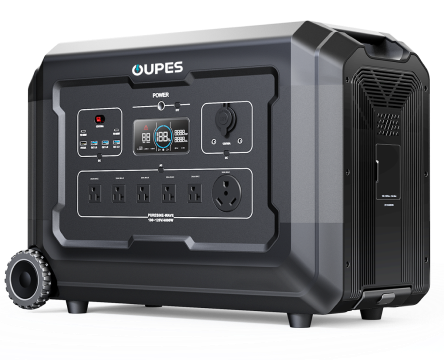

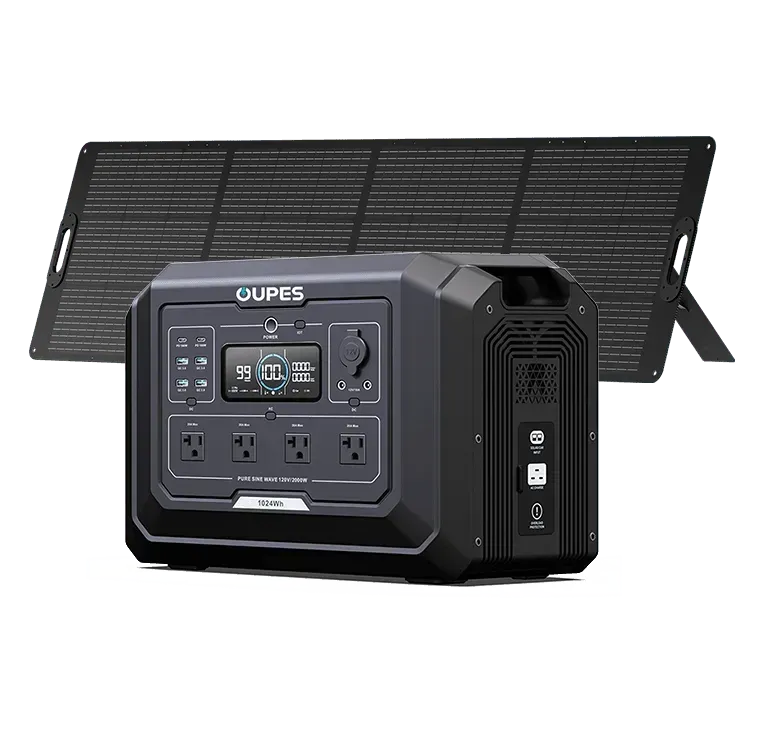
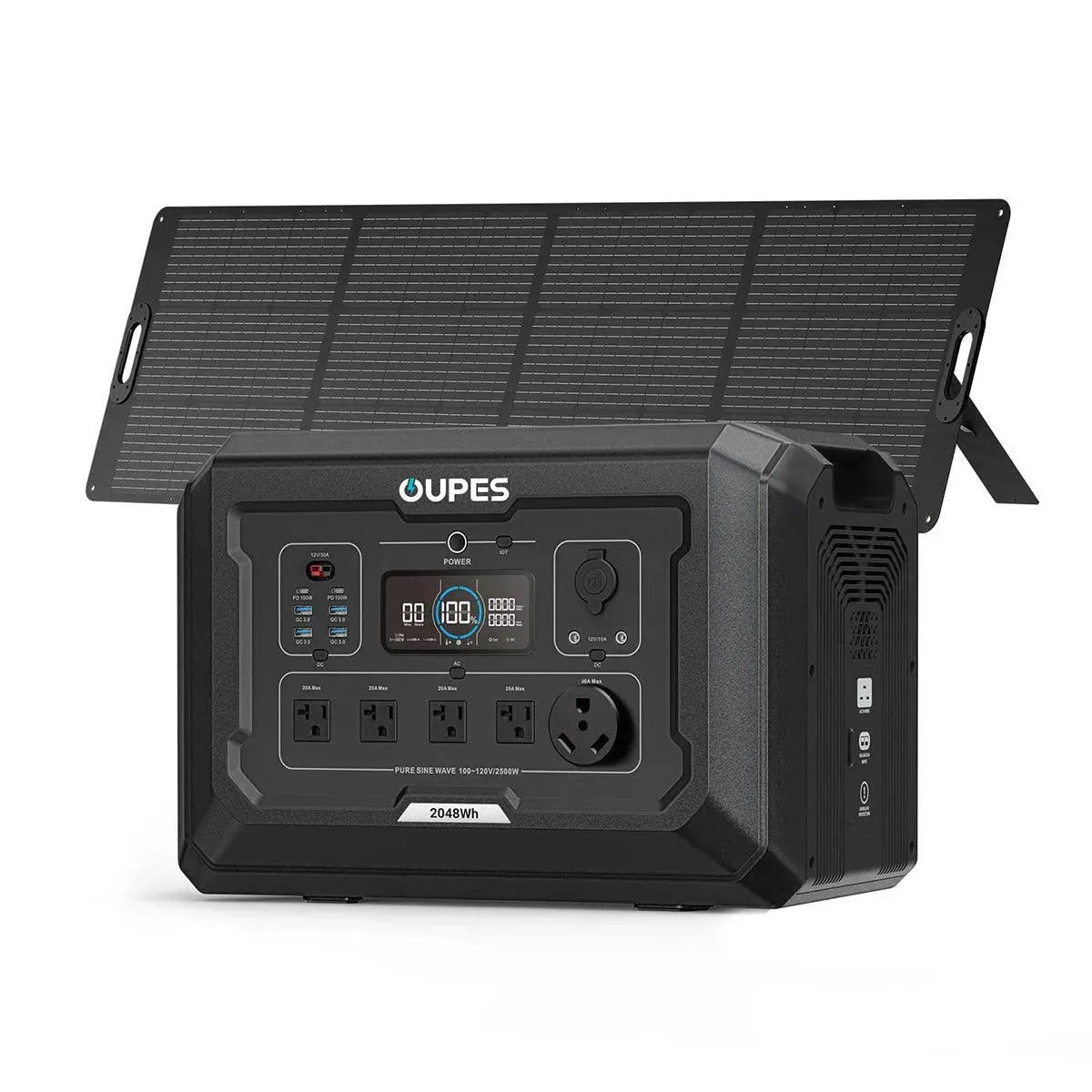






















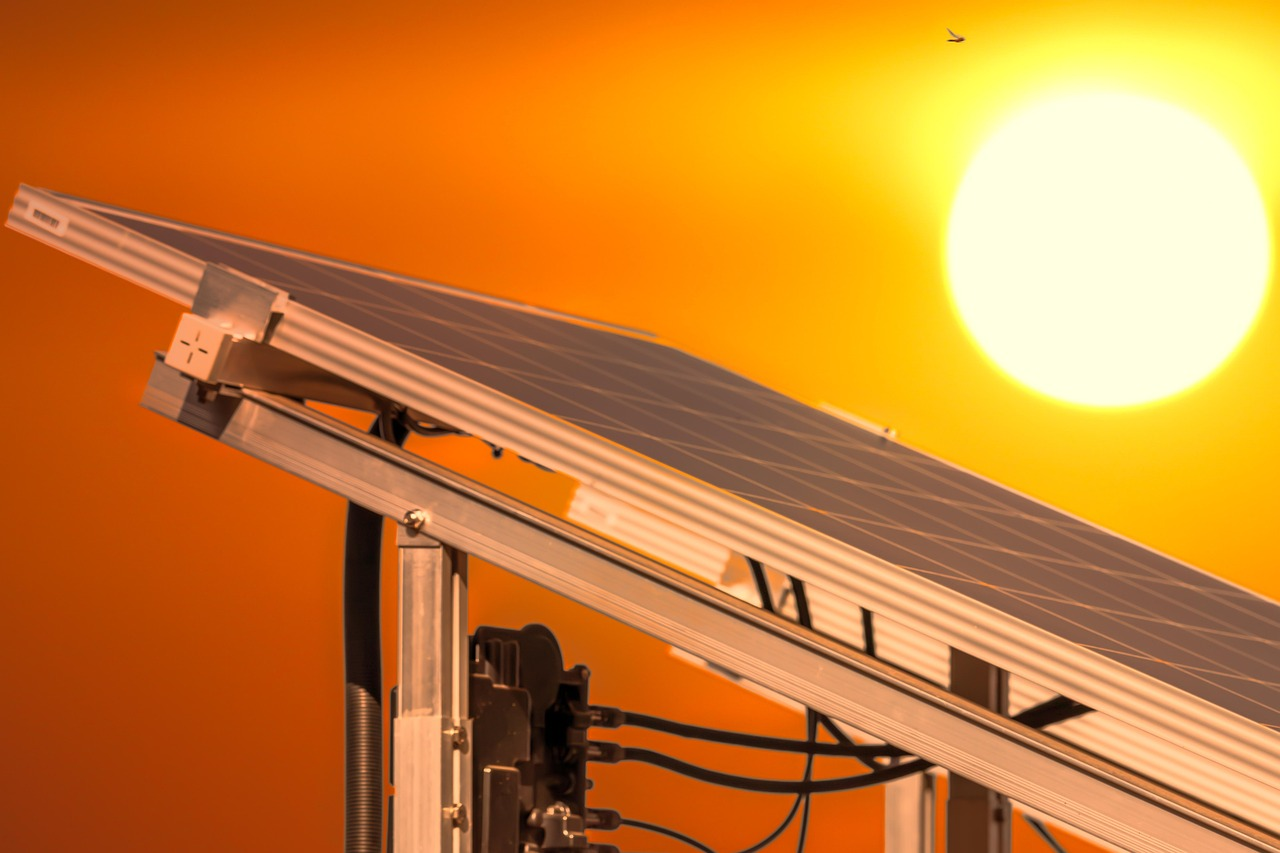
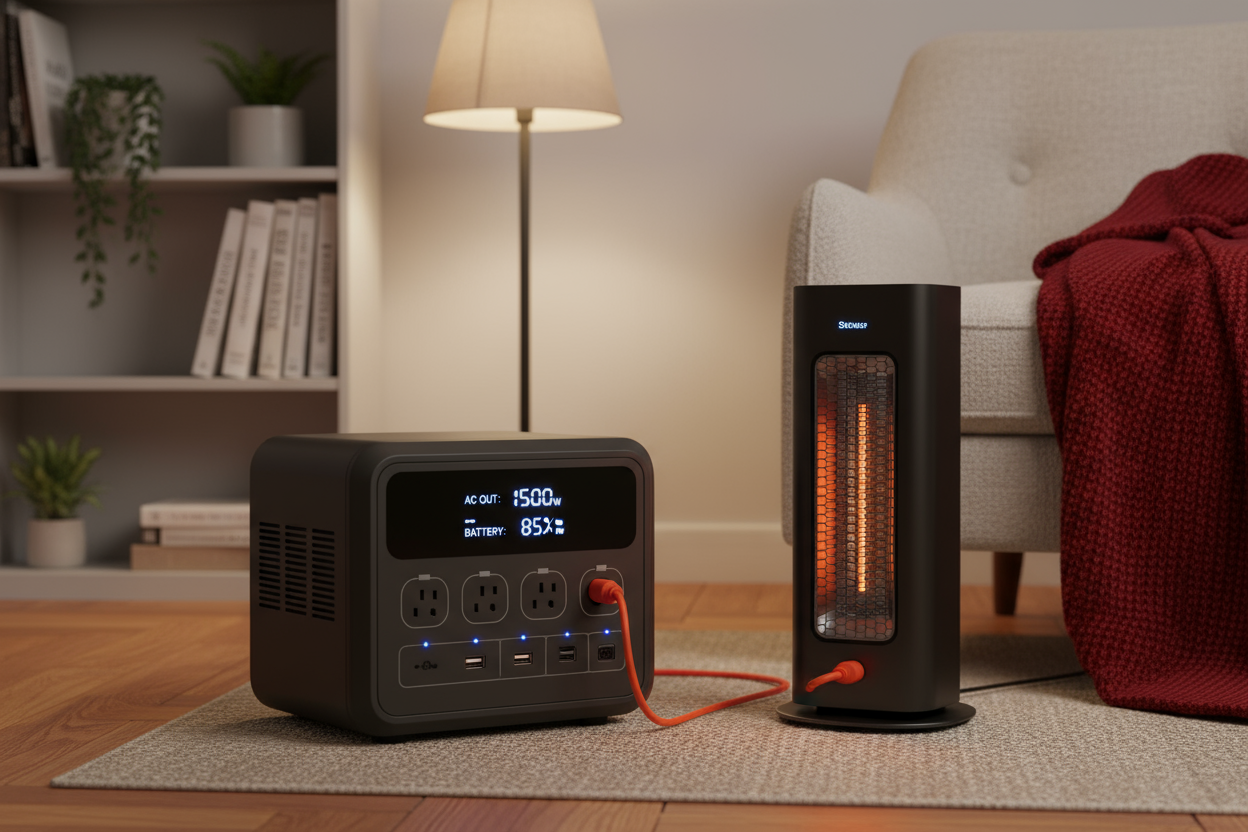
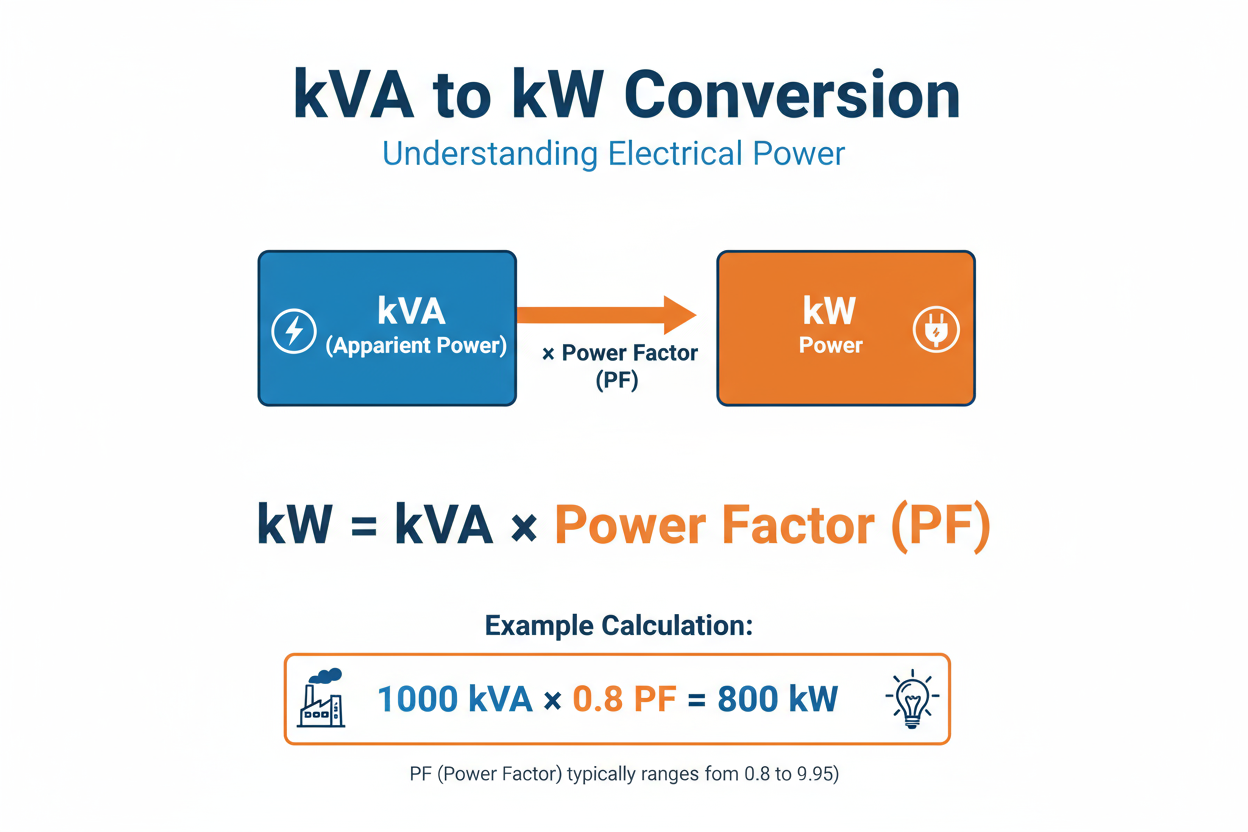
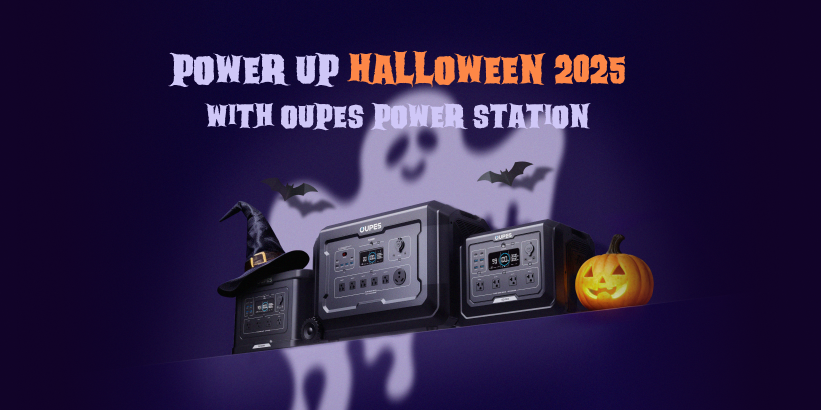
Leave a comment
This site is protected by hCaptcha and the hCaptcha Privacy Policy and Terms of Service apply.